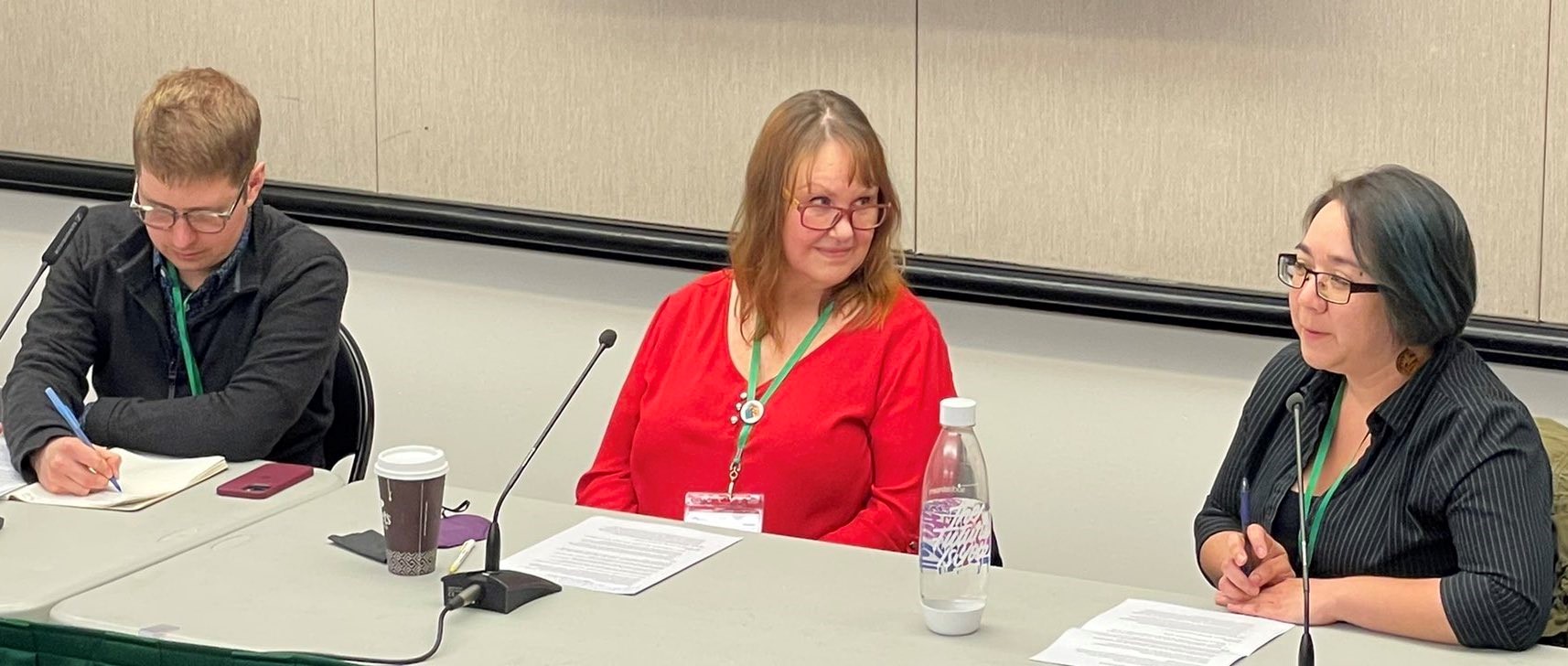This article is part of the series YIMBYtown 2022
The conversation shared below was part of the YIMBYtown 2022 conference, cohosted by Sightline Institute and Portland: Neighbors Welcome.*
The homelessness crisis dominates so many aspects of municipal politics in Portland and in other cities with a massive affordable housing shortage. And now many crucial initiatives face a growing revanchist revolt. How can abundant housing proponents support advocates for the homeless to get everyone housed while fighting off the grumps who are more concerned that they have to see poverty and suffering than they are with the fact that such injustice exists?
Mercedes Elizalde, Public Policy Director at Central City Concern, Cole Merkel, co-director of HereTogether, and Mindy Woods, with Resident Action Project, discuss the ongoing struggle to implement proven humane policy solutions and the role YIMBYs can play in shifting the housing policy narrative. They emphasize the need to continue talking about the root causes of homelessness and to collaborate with advocates for schools, health care, mental health, transit, and climate change—all of which intersect with housing and homelessness—to tackle the crisis at a scale that matches its scope. The panelists also share how humanizing the issue, so that NIMBYs and policymakers can see the real faces of pain and trauma rather than just a statistic or a graph in a report, can result in real change.
Related:
- Portland’s Newest Safe Rest Village Will Be the Largest Yet—But Can It Transition Houseless Residents into Permanent Housing?
- Seven Reasons Washington Needs Middle Housing
*YIMBYtown 2022 occurred April 11–13 in Portland, Oregon, the fourth annual gathering (after some COVID delays) of “Yes in My Back Yard” (YIMBY) community leaders, organizers, planners, policymakers, educators, and housing providers eager to share resources and strategies for building more affordable, sustainable, and equitable communities.

